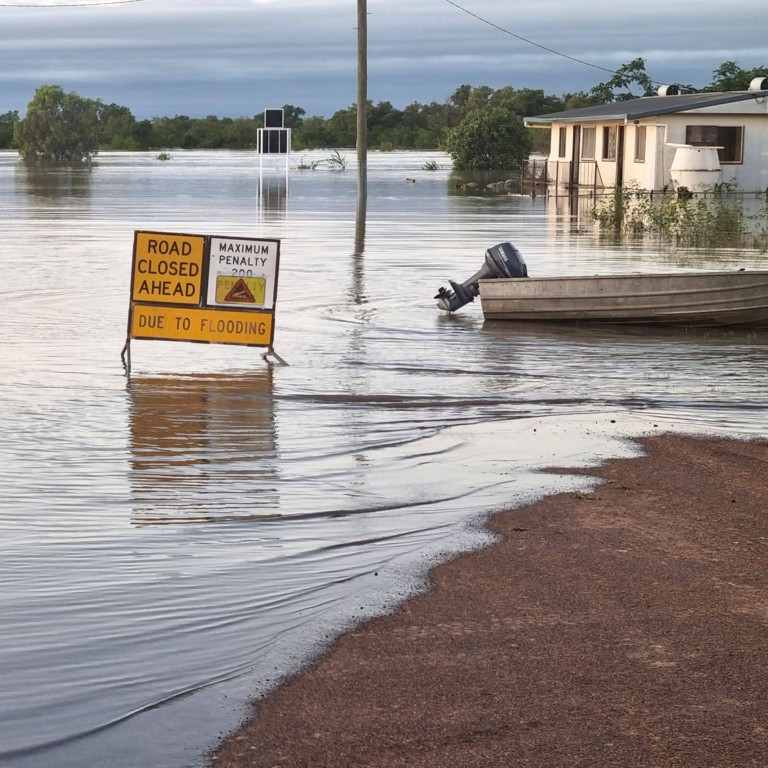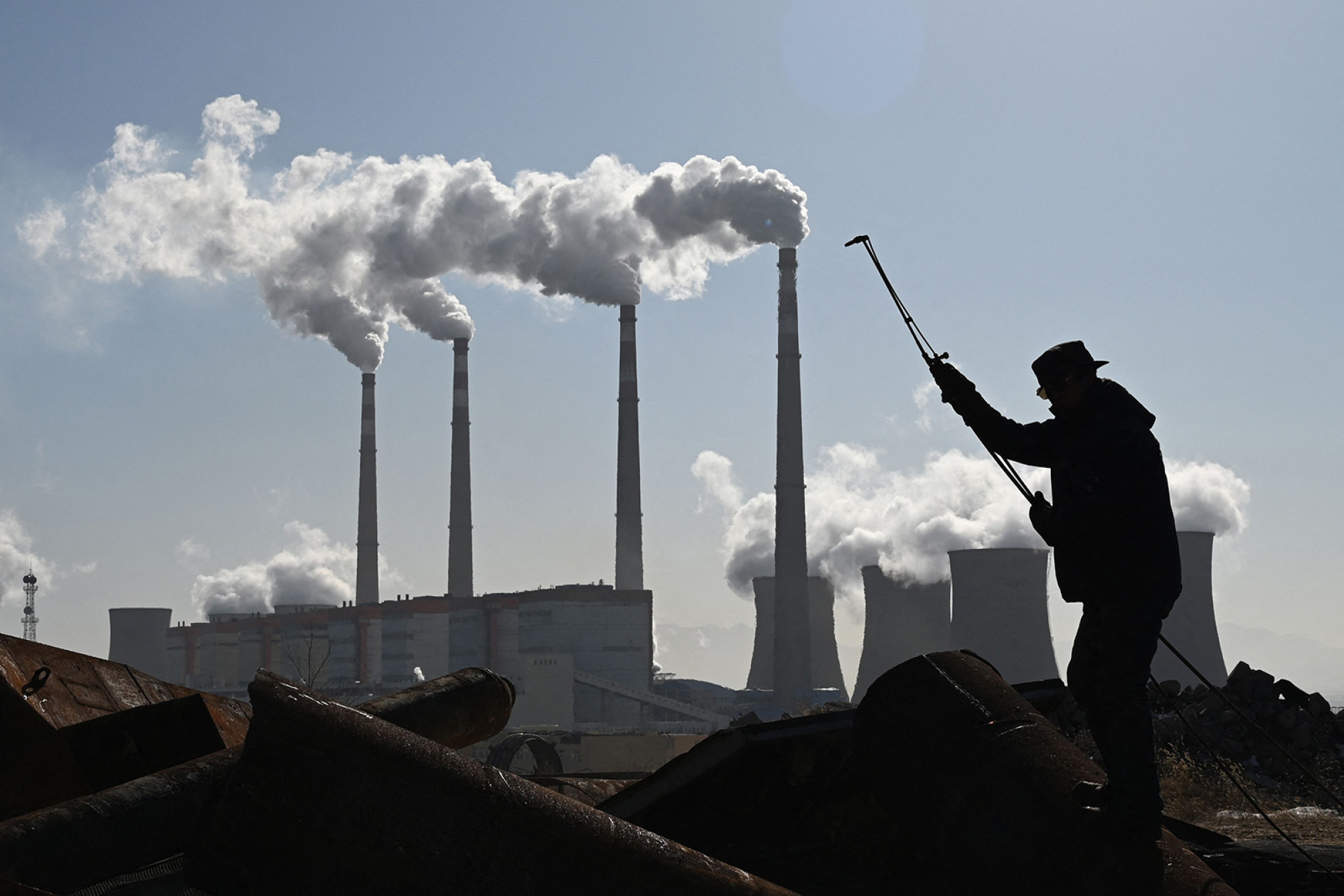
Climate change: Asia-Pacific firms waver on net-zero action plans as cost realities set in, EY study finds
- Companies in Asia are twice as likely as their global peers to say the cost of achieving climate commitments is too high, EY report says
- Only 15 per cent of Asia-Pacific respondents said their firms are committed to achieving their climate change ambitions by 2030 or earlier
Businesses in Asia-Pacific are not moving fast enough on climate action – in fact, they are slowing down – and companies globally are not producing accurate enough climate disclosures to attract green investment, according to a study by accounting and consulting firm EY.
Progress is decelerating at a time when acceleration is needed to meet the Paris Agreement’s goal – agreed upon by nearly 200 nations – to contain global warming at 1.5 degrees Celsius, it said.
“The 2023 Sustainable Value Study shows that in Asia-Pacific, progress is slowing at a crucial time, and that gains are becoming harder to make,” EY said in a statement last week, citing its study, which comprised a survey and in-depth executive interviews.
The survey was conducted between August and October with 520 chief sustainability officer-level managers at international firms with at least US$1 billion in annual revenue across 10 industries in 23 nations.

Around a third of the respondents were with companies in Asia-Pacific, from diverse industries. Within that, 28 per cent were in China, followed by 24 per cent in both Japan and Australia.
Some 65 per cent of firms in the region will spend the same or less on addressing climate change over the next 12 months, compared with the previous year, the survey found.
A fifth of the corporate sustainability leaders in the region said the financial cost of achieving their companies’ climate change commitments is too high, which has led them to push back their targets. That is double the ratio of organisations saying the same in the Americas, Europe, the Middle East, India and Africa.
Globally, the median target year has slipped to 2050 from 2036 in the year-earlier study, which surveyed around 500 companies using a consistent methodology and participant demographics.
“There are likely many factors behind this delay, including the fact that the more work companies have done to meet targets, the more it has become clear that attaining goals will take time, in particular the time restraint imposed by rolling out renewable [energy projects] and abating emissions,” said Terence Jeyaretnam, EY Asia-Pacific climate change and sustainability services leader.
Hong Kong sees room to establish hub for catastrophe bonds amid climate crisis
Many companies only understood the full scope of regulatory, financial, technological or data-centric challenges when they started to implement their sustainability plans, he said.
“Sometimes the initial net zero commitments were made by a sustainability leader, or even a CEO, who didn’t always have an assessment of the necessary commercial elements,” Jeyaretnam added.
Meanwhile, EY’s fifth annual climate risk disclosure study found that just 26 per cent of 1,536 companies across 13 sectors in 51 jurisdictions have included the quantitative impacts of climate-related risks in their public disclosures.
Climate tech needs more policy support, diverse private financing: FII speakers
In Asia-Pacific, Japanese firms received the highest score – 59 out of 100 – for the quality of disclosures, compared to 58 for South Korean firms, 36 for Indian companies and 30 for Chinese firms.


